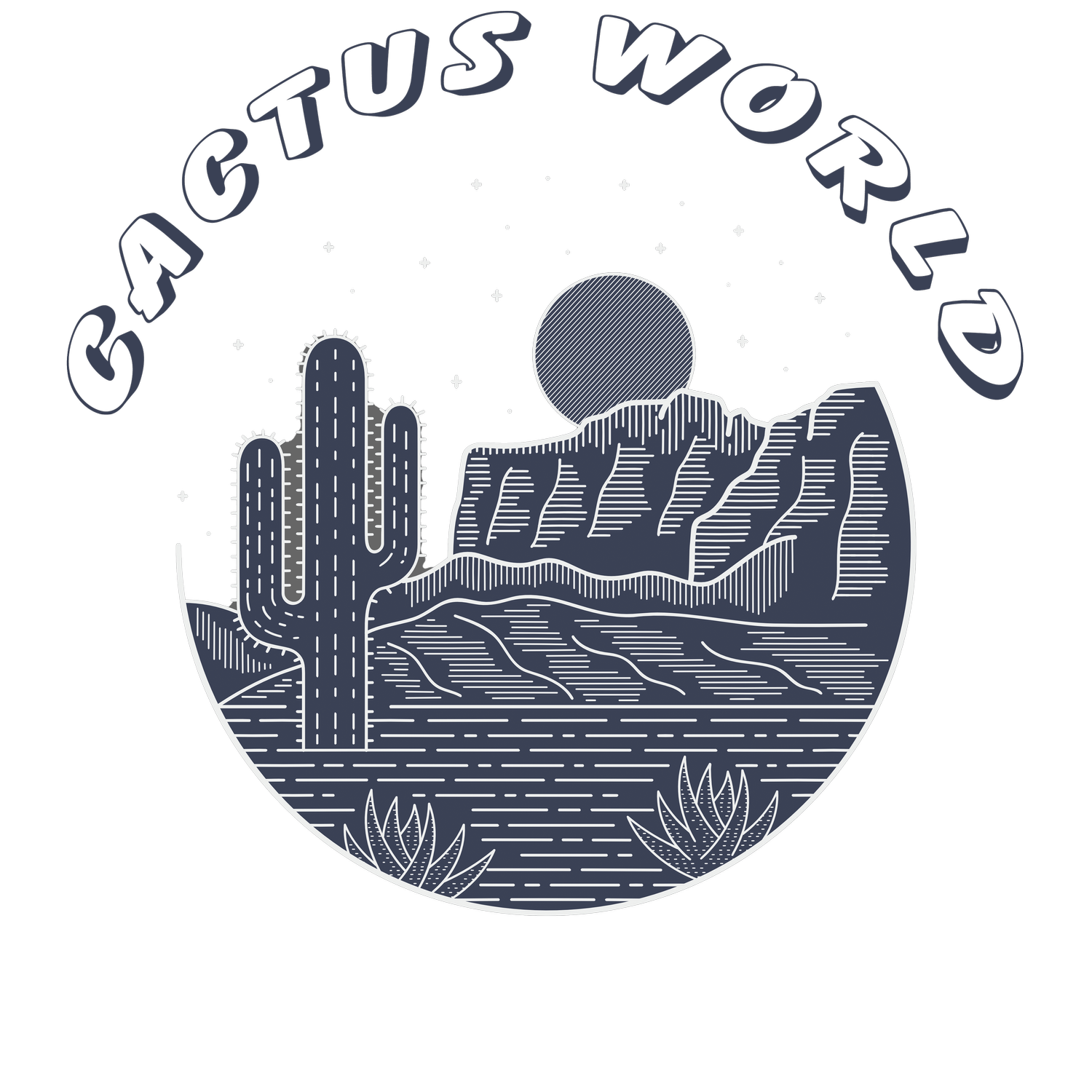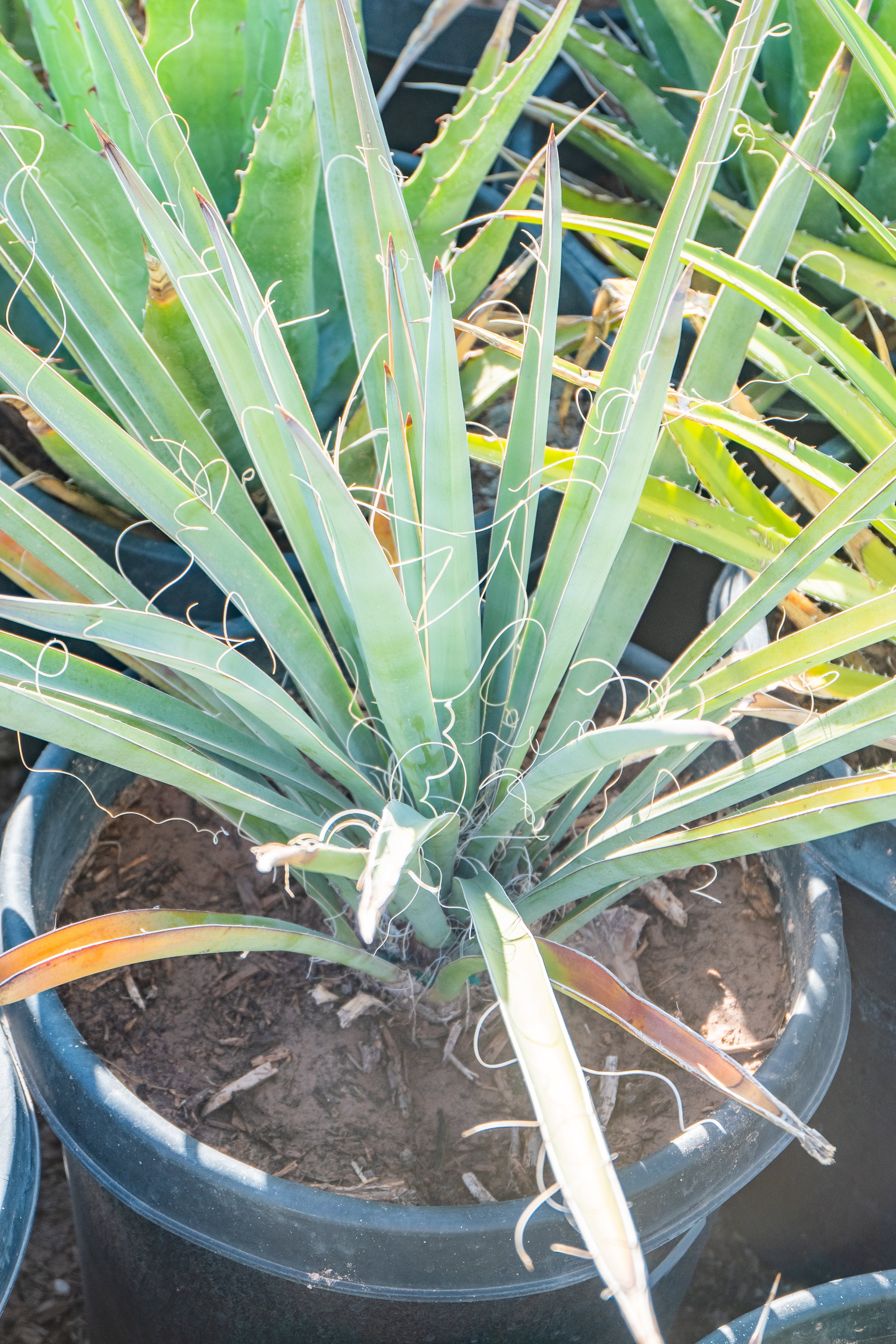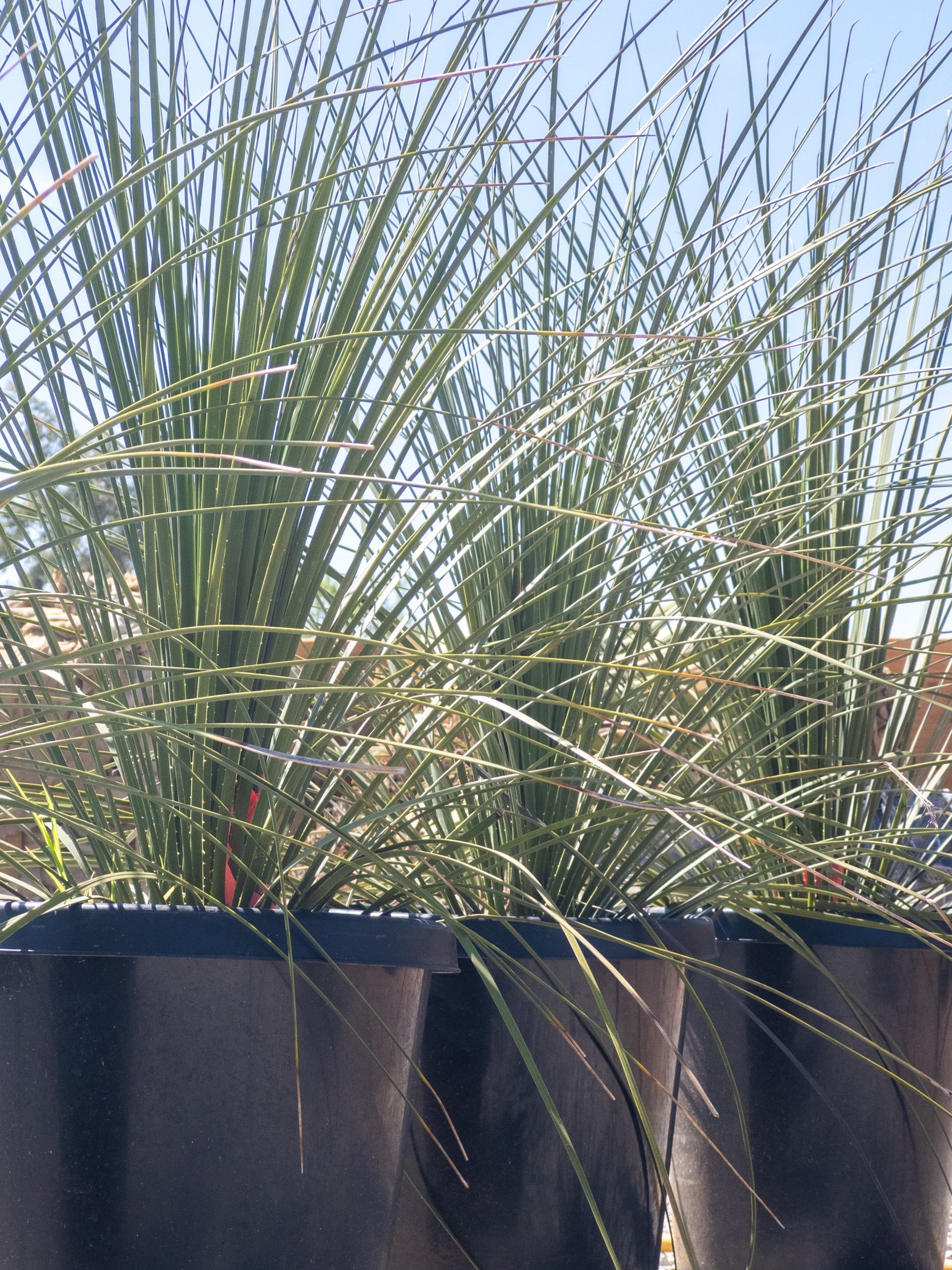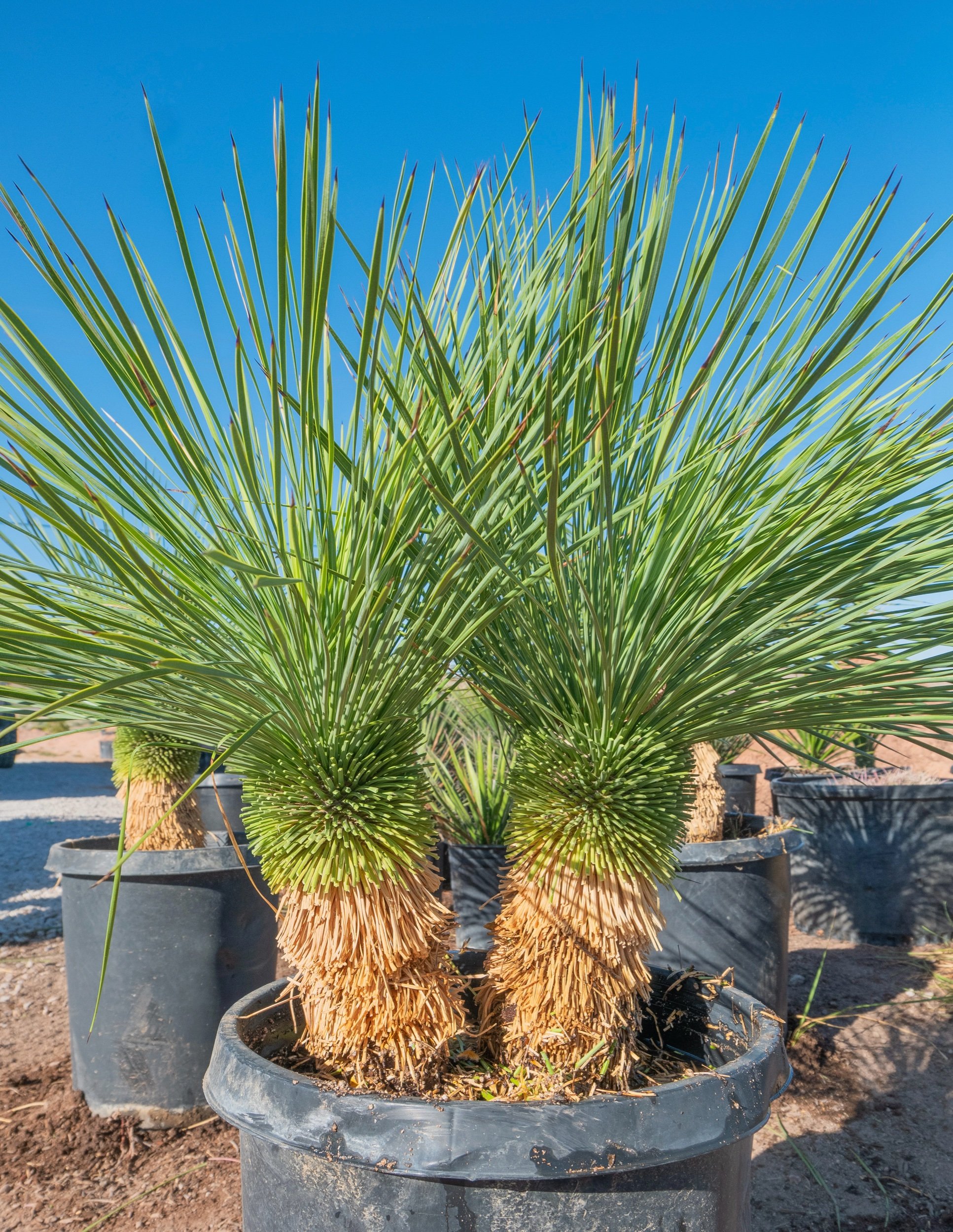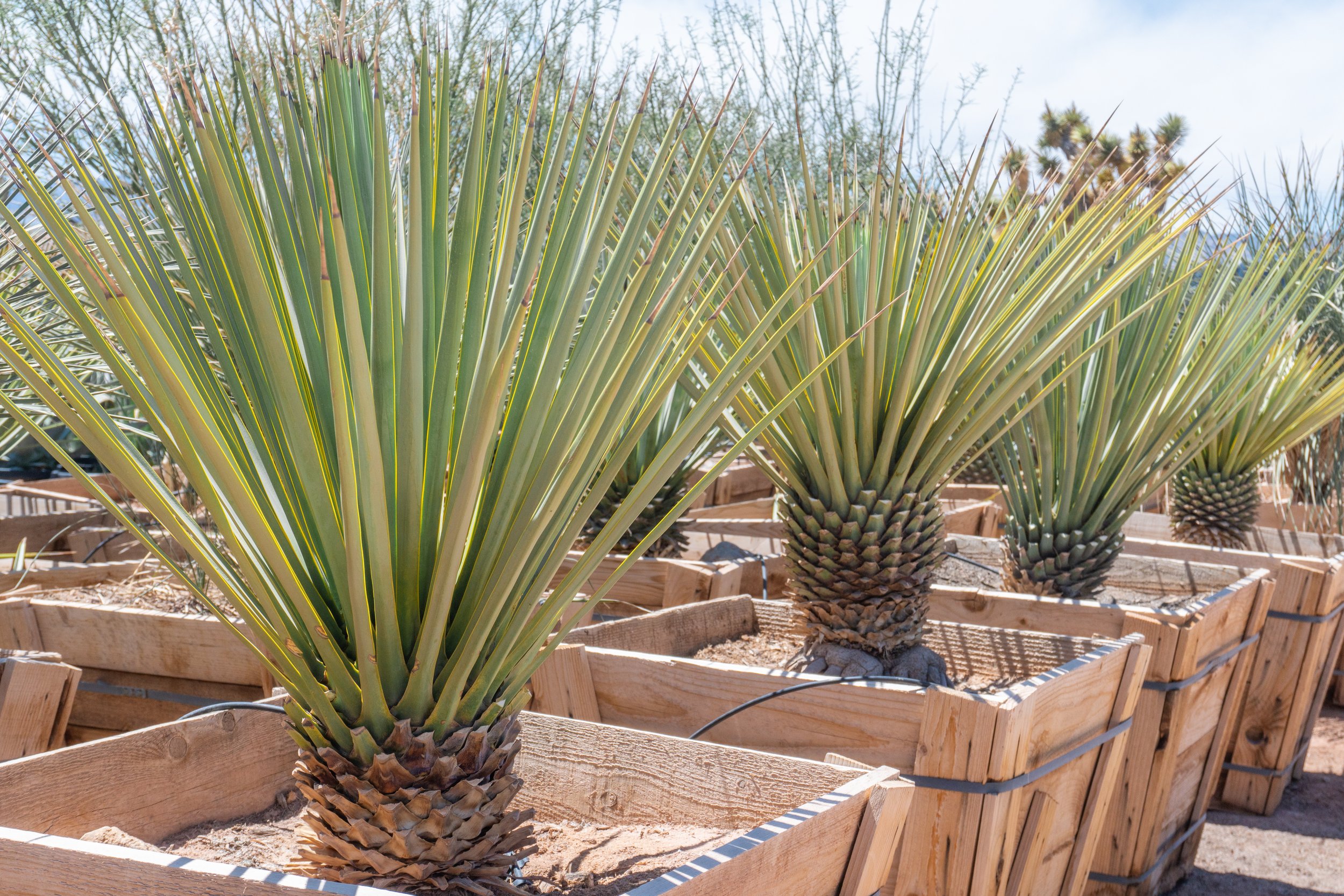Banana Yucca
Banana yucca (Yucca baccata) is a native succulent plant that grows in arid regions of the southwestern United States and Mexico. It is a member of the Agave family and is known for its distinctive appearance and unique fruit.
Banana yucca produces large, sword-shaped leaves that grow in a rosette pattern and can reach up to 3 feet (1 meter) in length. The leaves are blue-green in color and have a sharp pointed tip. In the summer, the plant produces a tall stalk with clusters of creamy-white flowers that can reach up to 4 feet (1.2 meters) in height. After pollination, the plant produces edible fruit that looks like a banana, hence the common name.
In terms of its care needs, banana yucca prefers well-draining soil and full sun. It is drought-tolerant and can survive long periods without water, but it is recommended to water the plant occasionally during the growing season. Banana yucca is also relatively cold-hardy and can tolerate temperatures down to around 10°F (-12°C).
Banana yucca has a rich cultural history, and it has been used for centuries by Native American tribes in the southwestern United States for food, medicine, and various other purposes. The plant's fruit and seeds were an important food source, and its fiber was used for weaving baskets, clothing, and other items. Today, banana yucca remains an important cultural and ecological resource in the region.
In summary, banana yucca is a unique and beautiful succulent plant that is prized for its ornamental value and historical significance. It prefers well-draining soil, full sun, and occasional watering, and can tolerate cold temperatures. The plant's fruit and fiber have been used for centuries by Native American tribes, and it remains an important cultural and ecological resource today.
*PHOTOS ARE EXAMPLES OF PLANT, THE ONE YOU WILL RECEIVE WILL DIFFER SLIGHTLY
SHIPPED BARE ROOT / PLEASE CHECK LOCAL SHIPPING RESTRICTIONS
Banana yucca (Yucca baccata) is a native succulent plant that grows in arid regions of the southwestern United States and Mexico. It is a member of the Agave family and is known for its distinctive appearance and unique fruit.
Banana yucca produces large, sword-shaped leaves that grow in a rosette pattern and can reach up to 3 feet (1 meter) in length. The leaves are blue-green in color and have a sharp pointed tip. In the summer, the plant produces a tall stalk with clusters of creamy-white flowers that can reach up to 4 feet (1.2 meters) in height. After pollination, the plant produces edible fruit that looks like a banana, hence the common name.
In terms of its care needs, banana yucca prefers well-draining soil and full sun. It is drought-tolerant and can survive long periods without water, but it is recommended to water the plant occasionally during the growing season. Banana yucca is also relatively cold-hardy and can tolerate temperatures down to around 10°F (-12°C).
Banana yucca has a rich cultural history, and it has been used for centuries by Native American tribes in the southwestern United States for food, medicine, and various other purposes. The plant's fruit and seeds were an important food source, and its fiber was used for weaving baskets, clothing, and other items. Today, banana yucca remains an important cultural and ecological resource in the region.
In summary, banana yucca is a unique and beautiful succulent plant that is prized for its ornamental value and historical significance. It prefers well-draining soil, full sun, and occasional watering, and can tolerate cold temperatures. The plant's fruit and fiber have been used for centuries by Native American tribes, and it remains an important cultural and ecological resource today.
*PHOTOS ARE EXAMPLES OF PLANT, THE ONE YOU WILL RECEIVE WILL DIFFER SLIGHTLY
SHIPPED BARE ROOT / PLEASE CHECK LOCAL SHIPPING RESTRICTIONS
Banana yucca (Yucca baccata) is a native succulent plant that grows in arid regions of the southwestern United States and Mexico. It is a member of the Agave family and is known for its distinctive appearance and unique fruit.
Banana yucca produces large, sword-shaped leaves that grow in a rosette pattern and can reach up to 3 feet (1 meter) in length. The leaves are blue-green in color and have a sharp pointed tip. In the summer, the plant produces a tall stalk with clusters of creamy-white flowers that can reach up to 4 feet (1.2 meters) in height. After pollination, the plant produces edible fruit that looks like a banana, hence the common name.
In terms of its care needs, banana yucca prefers well-draining soil and full sun. It is drought-tolerant and can survive long periods without water, but it is recommended to water the plant occasionally during the growing season. Banana yucca is also relatively cold-hardy and can tolerate temperatures down to around 10°F (-12°C).
Banana yucca has a rich cultural history, and it has been used for centuries by Native American tribes in the southwestern United States for food, medicine, and various other purposes. The plant's fruit and seeds were an important food source, and its fiber was used for weaving baskets, clothing, and other items. Today, banana yucca remains an important cultural and ecological resource in the region.
In summary, banana yucca is a unique and beautiful succulent plant that is prized for its ornamental value and historical significance. It prefers well-draining soil, full sun, and occasional watering, and can tolerate cold temperatures. The plant's fruit and fiber have been used for centuries by Native American tribes, and it remains an important cultural and ecological resource today.
*PHOTOS ARE EXAMPLES OF PLANT, THE ONE YOU WILL RECEIVE WILL DIFFER SLIGHTLY
SHIPPED BARE ROOT / PLEASE CHECK LOCAL SHIPPING RESTRICTIONS
